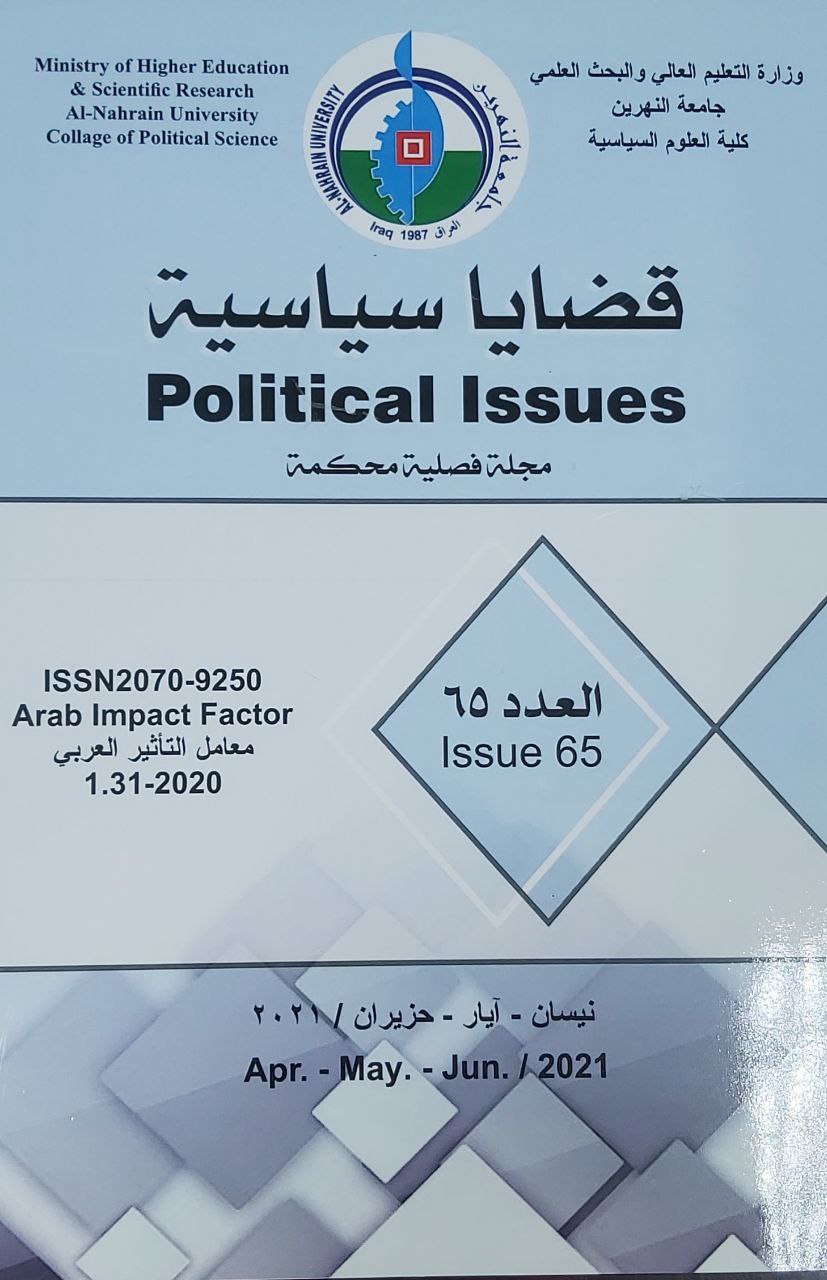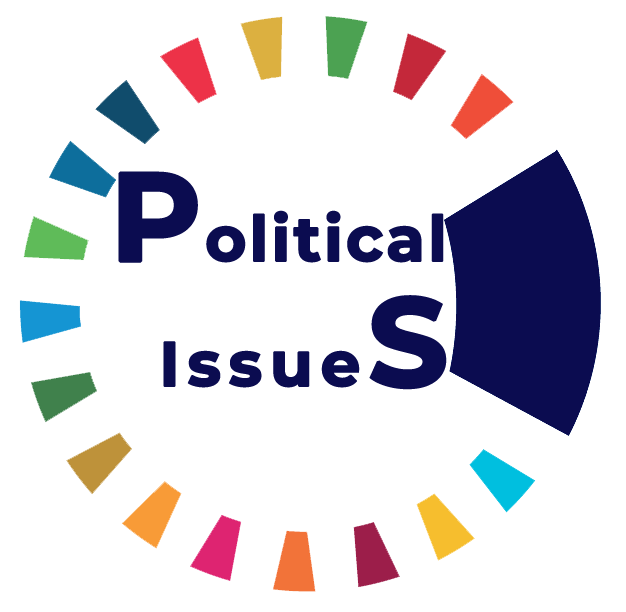Engineering Social Memory of Post-conflict societies: Case Study of Iraq and Lebanon
DOI:
https://doi.org/10.58298/2021159Keywords:
memory, collective memory, identity, past, remembrance, national memoryAbstract
Although the Iraqi and Lebanese societies have witnessed at certain periods, (Iraq after 2003 and Lebanon for the period 1975-1990), societal, identity, religious, doctrinal and national conflict, in which social memory was exploited and employed negatively, increasing conflict intensity and the depth of societal rift, however, the study sample in both societies revealed a deep desire and a great willingness to renounce the memory that fuels conflict, particularly it revealed that the past, despite its importance, yet it is not recalled as a past but for the sake of taking advantage of its lessons, in order not to repeat them in the future. So, there is a desire to remember the happy past away from the painful one. In conclusion, the study has revealed the possibility of dismantling and re-constructing social memory, in a way that establishes an integrated unified society that transcends the negative conflict-fuelling past and focuses on a future that is framed by a positive relationship within the framework of citizenship.

Downloads
Published
Issue
Section
License
This is an Open Access article distributed under the terms of the creative commons attribution (CC BY) 4.0 international license which permits unrestricted use, distribution, and reproduction in any medium or format, and to alter, transform, or build upon the material, including for commercial use, providing the original author is credited.





